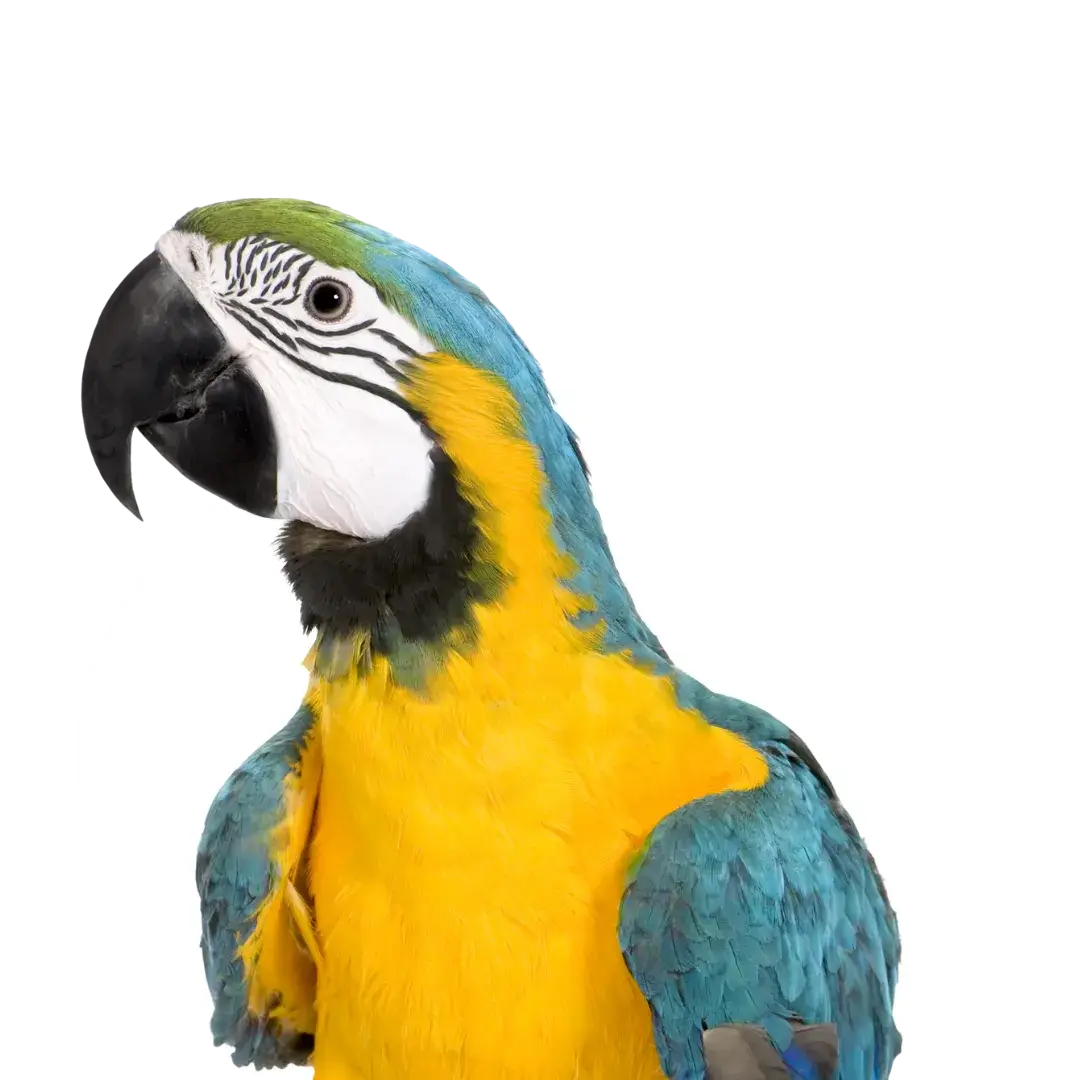

While it can become a habit, it almost always starts with a medical or environmental issue. It is a symptom of distress, not just a naughty behavior.
Yes, absolutely. Feather removal is complex and requires a veterinarian with expertise in avian medicine to diagnose and treat the specific underlying cause.
Yes. A bird's intelligence means it requires constant mental and social stimulation. Without it, stress and boredom can easily manifest as self-mutilation.
The goal is management and prevention. Because it often involves a psychological component, it may require lifelong dedication to behavioral management, but improvement is certainly possible.
Yes. Sudden changes in diet, spoiled food, or excessive consumption of very high-water-content foods can be the cause.
Yes. Similar symptoms may point to chronic diseases, nutritional deficiencies, or severe stress. Consult our other specialized treatment pages to learn more.
Your pet deserves expert care – Subscribe now for trusted tips and updates from our pet experts.
